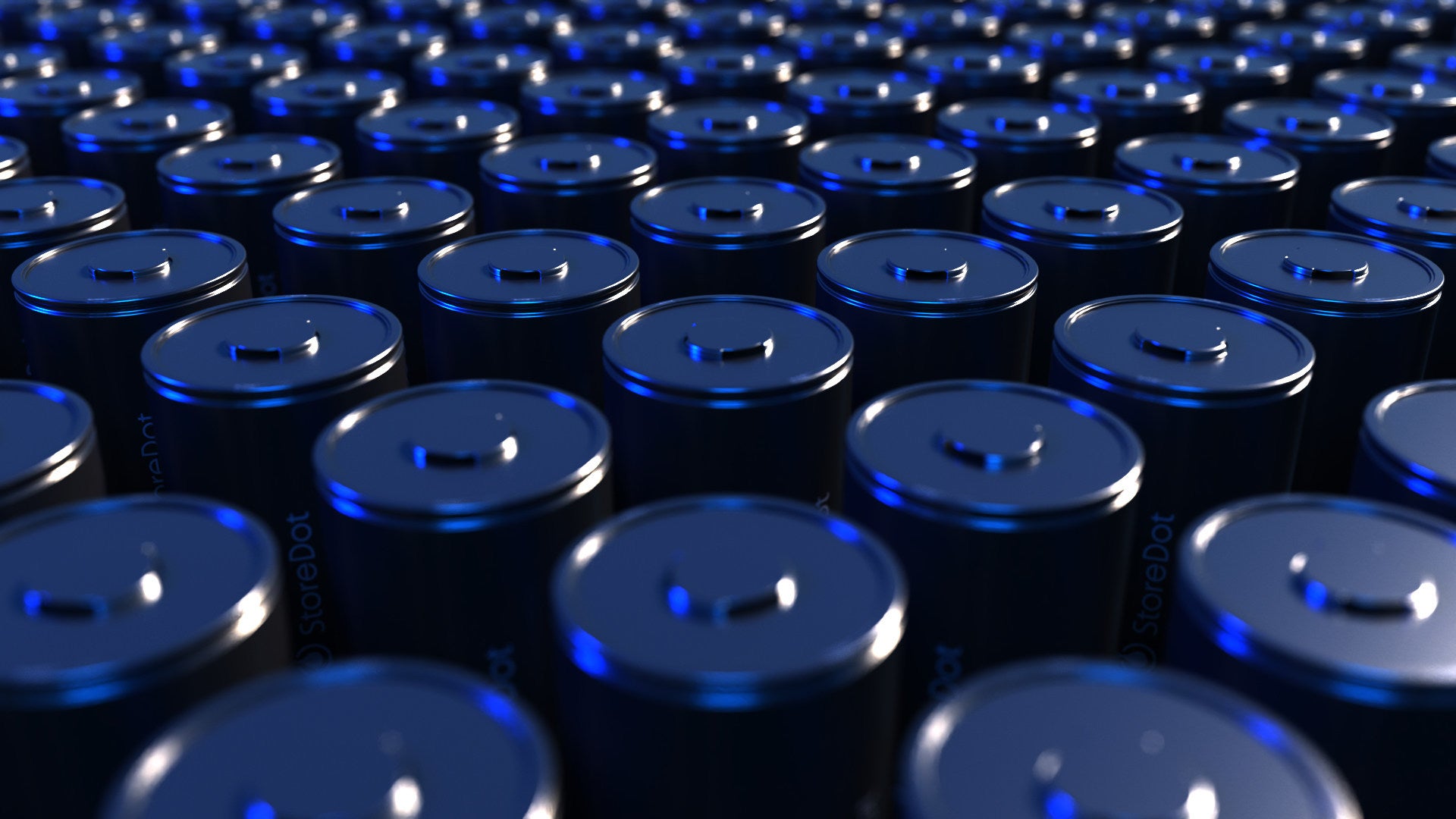
China’s Gotion High-Tech has announced a new battery chemistry which it claims will advance both range and longevity of EV battery cells.
According to media reports, the company has developed a lithium-iron-manganese-phosphate (LMFP) battery which it said could provide enough electricity for over 600 miles per charge, and over 1 million miles worth of recharges.

Discover B2B Marketing That Performs
Combine business intelligence and editorial excellence to reach engaged professionals across 36 leading media platforms.
“It’s a leap for energy density,” Cheng Qian, executive president of Gotion’s international business unit, was quoted as saying, adding the LMFP battery would also offer very fast charging, potentially as quickly as 15-20 minutes.
“You can have a cup of coffee and rest at the charging station, and the battery will be charged from 10% to 80% within 18 minutes using the step charging,” Cheng reportedly claimed.
Chemistry
The new battery design is a mixture of lithium iron phosphate and lithium manganese phosphate and has the same physical structure as lithium iron phosphate.
Several companies have been researching this chemistry, the reports added, and it promises increased performance without greatly increased manufacturing costs. Because manganese ore is readily available around the world, the cost of lithium iron manganese phosphate is only about 5%-10% higher than that of lithium iron phosphate. The new battery makeup avoids the use of cobalt, which is subject to supply chain constraints.
The reports added LMFP generally offers the same advantages of lithium iron phosphate, including low cost, high safety performance, high thermal stability, no self-ignition due to punctures and overcharging, long cycle life, and reduces risk of fire and explosion. It also offers better low temperature performance.
The downside is manganese tends to dissolve with repeated charge cycles, leading to a shorter cell life and steadily decreasing charge and discharge performance- that tendency must be overcome to make LMFP viable and Gotion reportedly claims to have done it, saying its battery tech, named ‘Astroinno’ is not subject to the downsides of manganese.
A Detroit Bureau report noted Our Next Energy is also working to develop LMFP battery technology in Michigan. The company, with funding from BMW, reportedly has achieved over 750 miles of range on a Tesla Model S equipped with its LMFP prototypes.
See also: Innolith announces new battery tech






